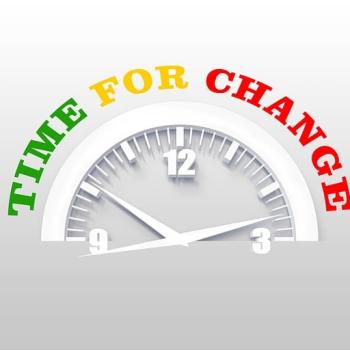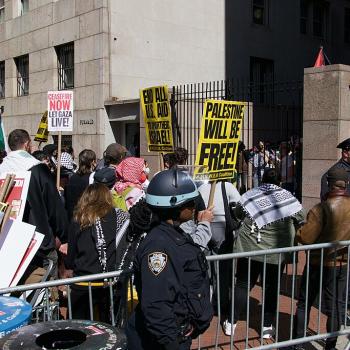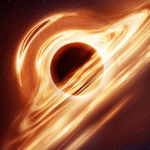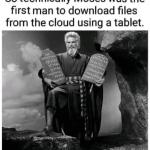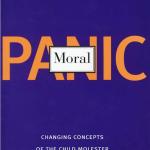McLuhan’s pioneering studies of popular culture were part of a sea change in Catholic intellectualism, as the Church gave up the siege mentality of earlier decades and tried to offer a more nuanced and positive account of modern life. As well, the Church began to move away from its defence of authoritarianism to support pro-democracy political movements around the world. McLuhan underwent his own political evolution: the young man who admired Franco became the academic who engaged in a long correspondence with Pierre Trudeau. And while The Mechanical Bride condemns the comic strip Blondie for undermining the patriarchal ideal of the man as the natural head of the household, in later writings, such as Understanding Media, McLuhan deliberately eschewed traditionalist strictures, because he thought it was more important to understand the world than to condemn it. As he told an interviewer in 1967, “The mere moralistic expression of approval or disapproval, preference or detestation, is currently being used in our world as a substitute for observation and a substitute for study.”
On moral matters, he remained very conservative. He was adamantly anti-abortion, for example. But part of his achievement as a mature thinker was his ability to bracket off whatever moral objections to the modern world he might have had and to concentrate on exploring new developments — to be a probe. Indeed, although he joined the Church as a refuge, his faith gave him a framework for becoming more hopeful and engaged with modernity. This paradox might be explained by the simple fact that as he deepened in his faith he acquired an irenic confidence in God’s unfolding plan for humanity. In a 1971 letter to an admirer, McLuhan observed, “One of the advantages of being a Catholic is that it confers a complete intellectual freedom to examine any and all phenomena with the absolute assurance of their intelligibility.”
Indeed, his faith made him a more ambitious and far-reaching thinker. Belonging to a Church that gloried in cathedrals and stained glass windows made him responsive to the visual environment, and liberated him from the textual prison inhabited by most intellectuals of his era. The global reach and ancient lineage of the Church encouraged him to frame his theories as broadly as possible, to encompass the whole of human history and the fate of the planet. The Church had suffered a grievous blow in the Gutenberg era, with the rise of printed Bibles leading to the Protestant Reformation. This perhaps explains McLuhan’s interest in technology as a shaper of history. More deeply, the security he felt in the promise of redemption allowed him to look unflinchingly at trends others were too timid to notice.
via “Divine Inspiration” by Jeet Heer | The Walrus | July 2011.
I’m not sure of the exact connection between St. Thomas Aquinas as media theory, though McLuhan was not alone in working out the connections. (Could anyone explain?) Another major scholar in this vein was Walter J. Ong, a Jesuit. Nor are Roman Catholics the only theologians who explore the implications of media and technology. There was the French Reformed thinker Jacques Ellul. And the Jewish Neil Postman. And the American evangelical Arthur Hunt.
I would just add my own discovery: McLuhan was also interested in classical education. His doctoral dissertation was on the media implications of the Trivium. I have a copy that I intend to read one of these days.
Anyway, I suggest that McLuhan may be a good role model for other Christians in their intellectual pursuits and cultural influence.
FURTHER THOUGHTS: If you read Marshall McLuhan today, you will be amazed at how well he analyzes the new information technology and its impact on the culture and how we think. And then you will be even more amazed that at the time the medium he was analyzing was not the internet but television! But what he says not only holds true but predicts what happened as electronic media progressed.








